As evidenced by the recent - and likely ongoing - flap over congestion pricing, car usage, ownership, and the financial implications of both are major issues for New Yorkers. Owning a car in the city is an undertaking in itself, and for most people is neither cheap nor easy. In Manhattan, particularly south of 96th Street, garaging your car is pretty much a requirement - and it’s expensive, often costing anywhere from $600 to $1,000 per month; roughly the cost of having an additional bedroom in a rental apartment.
New York City’s Local Law 126 (LL126) was passed in 2021, and established a stringent inspection and reporting regime for parking garages - including those located in residential co-op and condominium properties. The law went into effect last year, before the collapse of a parking garage at 57 Ann Street in Manhattan that killed one person and injured several others. In the wake of that collapse, and with evidence that many other garage facilities have serious structural issues in need of repair, the City Council passed a package of new legislation that, provided that Mayor Eric Adams does not veto it, will strengthen parking garage inspection requirements in several ways.
According to William McCracken, a partner with Manhattan-based law firm Moritt Hock Hamroff, “The new regulations, known as Intro 0135-2024, will require the New York City Department of Buildings (DOB) to conduct a load-bearing capacity study for parking garages, including analysis of the effects of age, its condition, size, how often the garage is at or exceeds capacity, structural integrity, and its exposure to environmental conditions.
“Another component of the bill, Intro 0170-2024, will double the civil penalties for DOB-enforced violations issued to the owner of a parking structure, including minimum fines of $20,000 for ‘immediately hazardous’ violations, and expands the DOB’s ability to issue daily or monthly fines for continuing violations. Finally, a third component, Intro 0231-2024, will require that condition assessments of parking structures be conducted once every four years, down from the current six-year cycle originally established by Local Law 126. It will also require that follow-up assessments be conducted within two years after a parking structure is deemed safe with repair or monitoring.”
Logistics & Considerations
While few would debate the necessity of regular, thorough inspections and proactive maintenance of parking structures, complying with the new regulations does add another layer of financial and managerial consideration for owners. In particular, the boards of co-op and condominium properties with on-site parking facilities will have to be particularly cognizant of the rules and requirements to avoid both the dangers of under-maintained structures, and the penalties for noncompliance. For more on that see our article from February 2024, Who Pays for Garage Inspections and Repairs? (The answer may not seem as obvious as you might think.)



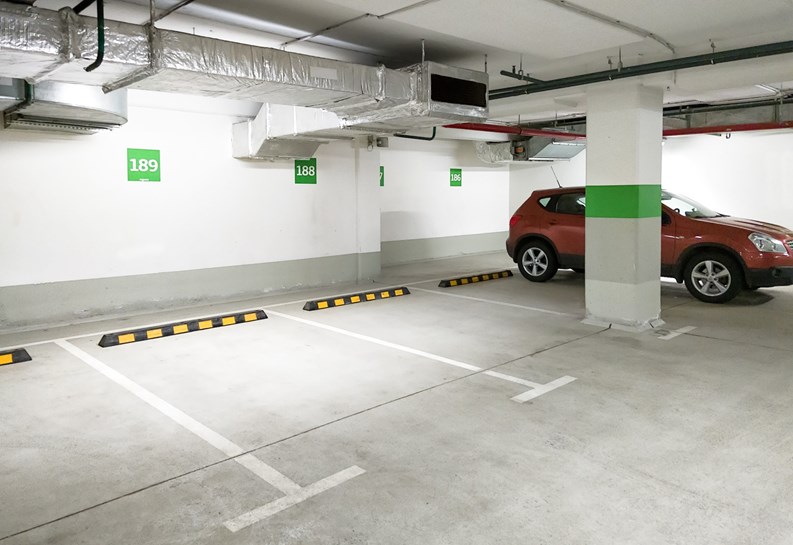
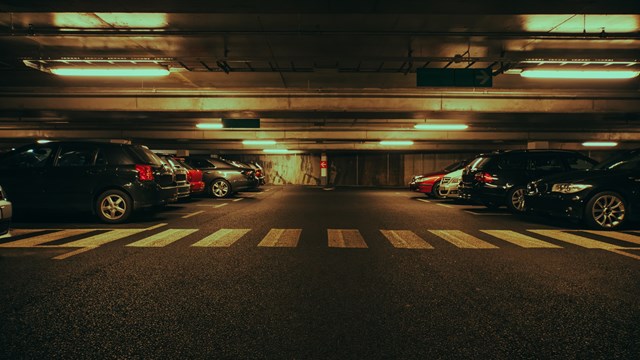
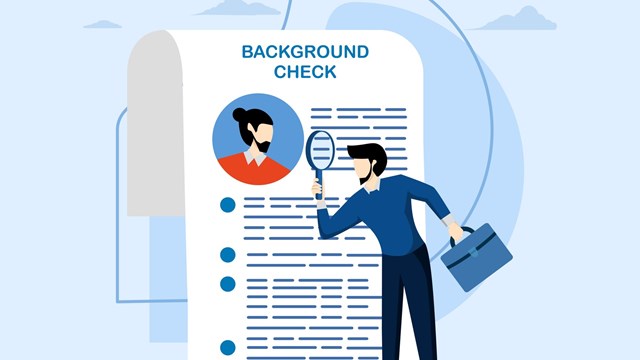
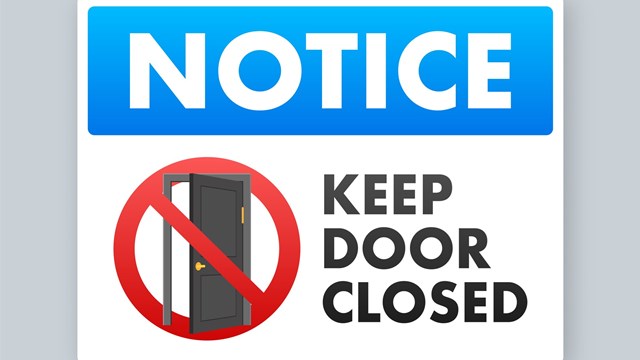


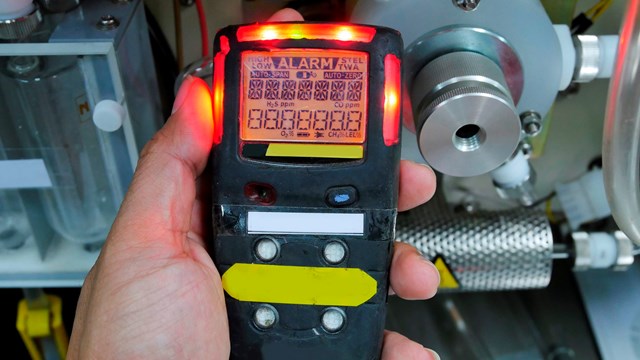
Leave a Comment